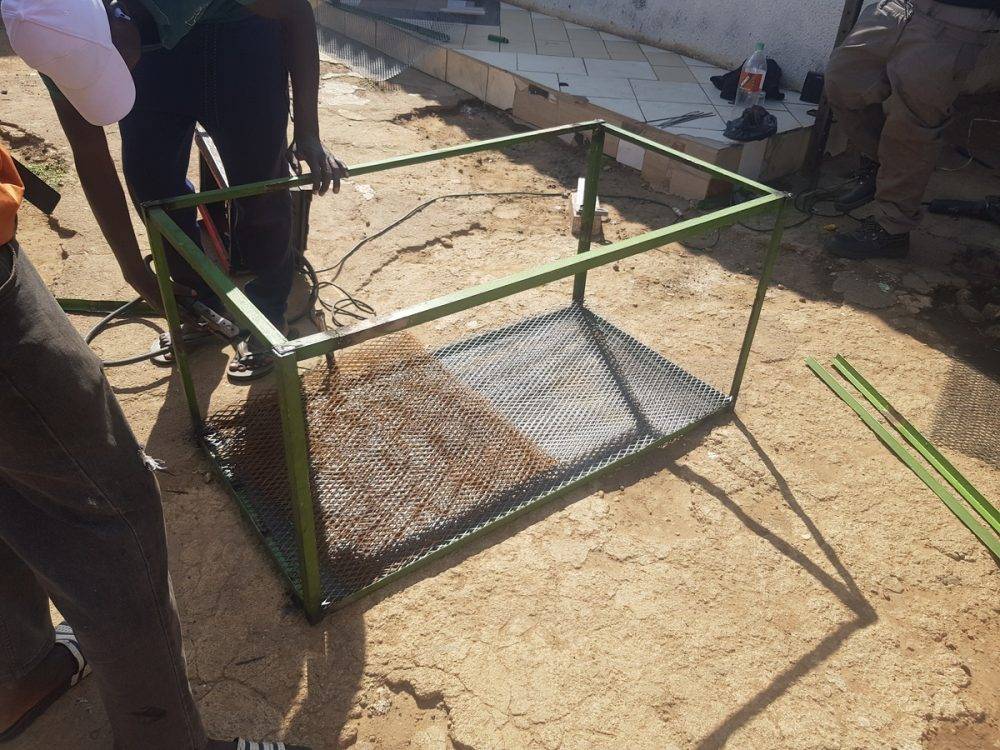South Africa’s manufacturing PMI increased above the neutral 50 level in April thanks to no load shedding implemented during the month. In turn this contributed to stronger business activity and higher new sales orders.
However, although the Absa purchasing managers’ index (PMI) subcomponents indicate an improved start to the second quarter of 2024, overall demand for manufactured goods remains weak.
The PMI is an economic activity index based on a survey conducted by the Bureau for Economic Research (BER) and sponsored by Absa.
The PMI increased sharply to reach 54 in April from 49.2 points in March. Jee-A van der Linde, senior economist at Oxford Economics Africa, says the rebound is largely attributed to improved business activity (57.2), while stronger domestic demand filtered through to higher new sales orders (55.6).
“No load shedding was implemented during April, which supported business conditions throughout South Africa’s factory sector. Even so, survey respondents remain downbeat about prevailing demand conditions, as buying patterns still appear sluggish. Survey evidence also suggests that customers are only buying necessities.”
He says the deterioration in suppliers’ delivery performance during April likely means manufacturers struggled to keep pace with an uptick in demand. This index is inverted and therefore slower deliveries result in an increase in the index.
The inventories index improved in April (50.7) and ticked back above the neutral 50-point mark, while the purchasing price index declined slightly in April but remained at a relatively high level of 72.4, reflecting ongoing cost pressure.
ALSO READ: Economic activity: employment and deliveries looking better, but not prices
Overall manufacturing PMI better start to second quarter
Van der Linde says overall the latest PMI results reflect a better start to the second quarter of 2024.

Source: BER
The business activity index increased to its highest level since March 2022, after no load shedding was implemented in April 2024. And while the new sales orders index is also currently at multi-month-highs, overall demand conditions remain weak, Van der Linde points out.
“We do not foresee any meaningful improvement for the South African economy in the near term as structural constraints together with a high-cost environment weigh on growth prospects. Consequently, businesses are not expected to expand their operations and hire more people rapidly.”
The index for expected business conditions in six months’ time declined to 55.7 in April from 62.1 in March and Van der Linde says uncertainty about the upcoming elections and higher-for-longer interest rates might explain the drop in sentiment.
The risk of sporadic load shedding also remains alive with South Africa set to enter its winter period soon, which usually results in increased electricity demand.
The PMI subcomponents were broadly better in April

Source: BER

 2 weeks ago
2 weeks ago
















 English (US) ·
English (US) ·